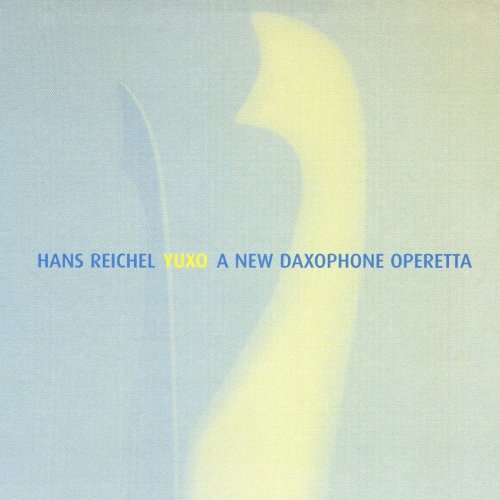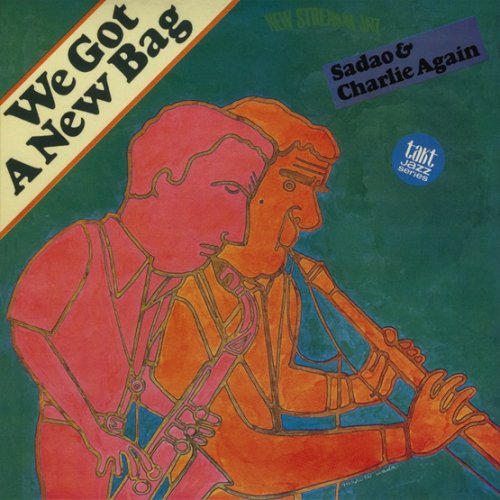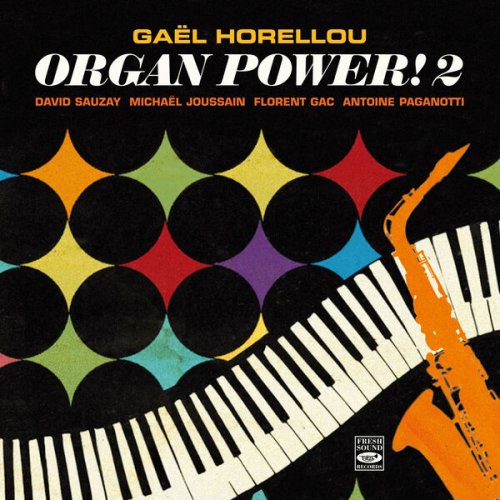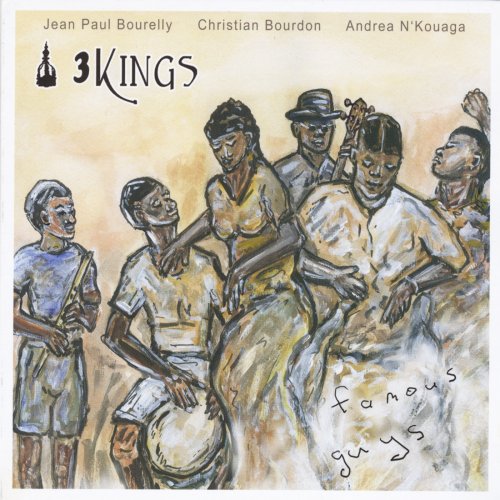Hans Reichel - Yuxo A New Daxophone Operetta (2002)

Artist: Hans Reichel
Title: Yuxo A New Daxophone Operetta
Year Of Release: 2002
Label: All
Genre: Avant-Garde Jazz, Free Improvisation, Daxophone
Quality: FLAC (tracks+.cue, log, Artwork)
Total Time: 54:01
Total Size: 483.3 MB
WebSite: Album Preview
Tracklist:Title: Yuxo A New Daxophone Operetta
Year Of Release: 2002
Label: All
Genre: Avant-Garde Jazz, Free Improvisation, Daxophone
Quality: FLAC (tracks+.cue, log, Artwork)
Total Time: 54:01
Total Size: 483.3 MB
WebSite: Album Preview
01. The Duke Of Syracuse (1:51)
02. A Life Without Lychees (4:16)
03. You Can Dance With Me (5:34)
04. Bubu And His Friends (6:40)
05. Oway Oway (3:05)
06. Out Of Namakemono (5:19)
07. Death Procession (3:30)
08. Street Song (3:01)
09. My Haunted House (4:49)
10. Le Bal (New Version) (5:46)
11. Sometimes At Night (4:32)
12. The South Coast Route (3:54)
13. Eros Vs. Education (1:21)
Why is Hans Reichel a genius? Because he invented the daxophone, one of the strangest, most fascinating instruments of the 20th century, but also because he has been able to use its full potential in pieces that bridge avant-garde composition and family entertainment. Released in 2002, Yuxo picks up where Shanghaied on Tor Road had left ten years before. Subtitled "A New Daxophone Operetta," it is performed solely on Reichel's wailing microtonal instruments -- actually, an array of these in different shapes and sizes, multi-tracked to create a virtual orchestra of daxophones. The term operetta has not been chosen innocently. Reichel keeps from the classical genre its song format (albeit instrumental here) and lightness. The melodies are playful, the arrangements deceptively simple. At the core of it all resides the sound of the instrument, throaty but clear, an impossible cross between the violin and the human voice. Each piece is a delight, its melody recognizable on second listen. "Death Procession" feels like being trapped in a movie by a Martian incarnation of Federico Fellini. Flashes of Ennio Morricone and Nino Rota captured by a cartoonish pygmy tribe go by, alternating with images of mutating pump organs ("Sometimes at Night") and dancing ghosts ("You Can Dance With Me"). The daxophones take lives of their own, deliriously mischievous, sometimes even childish. What it comes down to in the end is serious fun, irresistible tunes, and the masterpiece one was not expecting anymore from Reichel. Highly recommended if you can (or want to) crack a smile once in a while.



![Kento Tsubosaka - Lines (2026) [Hi-Res] Kento Tsubosaka - Lines (2026) [Hi-Res]](https://www.dibpic.com/uploads/posts/2026-02/1771391986_zw4gprxc9nex6_600.jpg)
![Manu Delago & Max ZT - Deuce (2026) [Hi-Res] Manu Delago & Max ZT - Deuce (2026) [Hi-Res]](https://img.israbox.com/img/2026-02/19/v5s18xsisjkqnsg5od9qlgck5.jpg)

![Bob James, David Sanborn, Tsuyoshi Yamamoto, Susan Wong, Fourplay - The Best Of Evosound Audiophile (2024) [SACD] Bob James, David Sanborn, Tsuyoshi Yamamoto, Susan Wong, Fourplay - The Best Of Evosound Audiophile (2024) [SACD]](https://www.dibpic.com/uploads/posts/2026-02/1771744987_folder.jpg)
![Aaron Quinn - To Be Held (2026) [Hi-Res] Aaron Quinn - To Be Held (2026) [Hi-Res]](https://img.israbox.com/img/2026-02/20/zmwyd3pc4g0fv5hzoz5kht5h3.jpg)
![Meinild/Anderskov/Tom - Spectral Entanglements (2023) [Hi-Res] Meinild/Anderskov/Tom - Spectral Entanglements (2023) [Hi-Res]](https://www.dibpic.com/uploads/posts/2026-02/1771491474_hl116k2q9n24a_600.jpg)